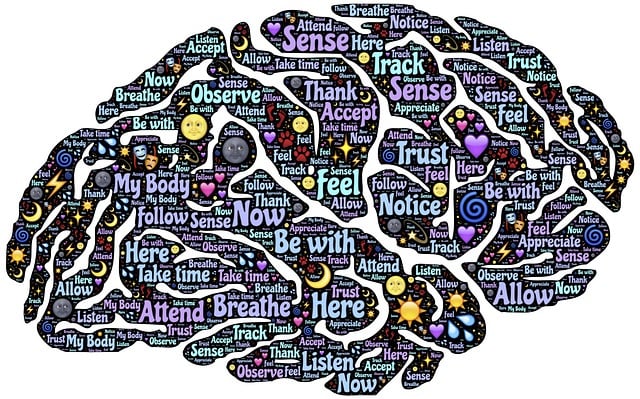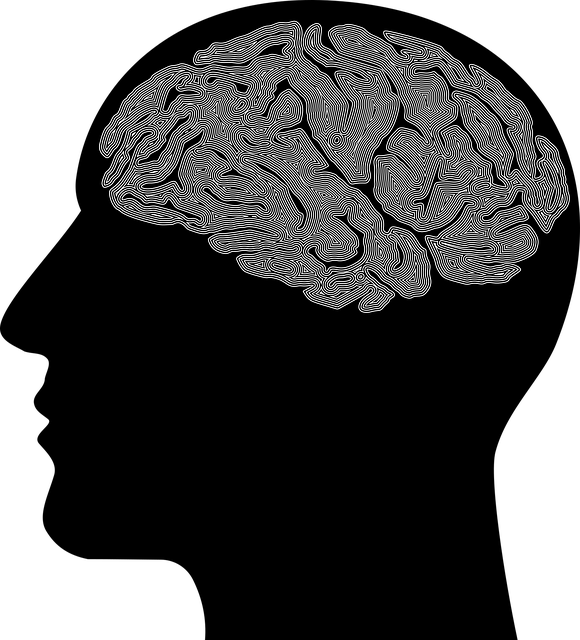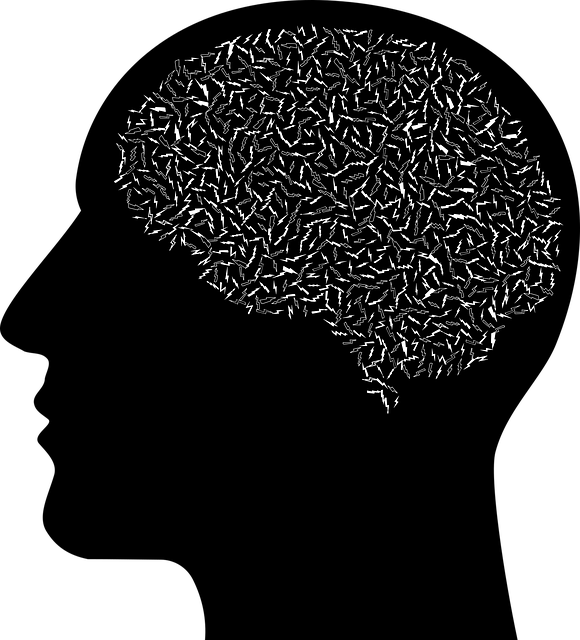Mental illness diagnosis faces challenges due to varied symptoms, but Greenwood Village Exposure and Response Prevention Therapy (ERPT), a specialized CBT, offers hope through targeted exposure techniques. Integrating ERPT into diagnostic practices improves accuracy, especially for similar disorders. Self-care routines and mindfulness meditation for professionals further enhance diagnosis quality. Effective policies advocating for ERT accessibility are crucial to maximize its benefits in mental health care, addressing stigma and fostering patient understanding.
Mental illness diagnosis accuracy is a critical aspect of patient care, but it often faces challenges due to complexity and subjectivity. This article explores efforts to improve diagnostic precision, focusing on strategies that have proven effective in real-world settings. We delve into the unique approach of Greenwood Village’s Exposure and Response Prevention Therapy, highlighting its innovative methods. Additionally, we examine comprehensive training programs and patient-centric care strategies that are revolutionizing diagnosis and treatment outcomes.
- Understanding Mental Illness Diagnosis Challenges
- Greenwood Village Exposure and Response Prevention Therapy: An Innovative Approach
- Enhancing Diagnostic Accuracy through Comprehensive Training
- Patient-Centric Strategies for Improving Care and Outcomes
Understanding Mental Illness Diagnosis Challenges

Mental illness diagnosis is a complex process fraught with challenges, impacting both patients and healthcare providers. One of the primary hurdles lies in the diverse presentation of symptoms across individuals, making it difficult to apply standardized criteria universally. This complexity is further exacerbated by the often subtle nature of mental health issues, which can mask themselves behind physical ailments or co-occurring disorders. For instance, a patient’s experience of anxiety might manifest differently, from excessive worry to panic attacks, adding layers of complexity in accurate diagnosis.
In this context, Greenwood Village Exposure and Response Prevention Therapy (ERPT) stands as a promising approach. ERPT is a specialized form of cognitive behavioral therapy tailored to address specific mental health conditions. By focusing on exposure to feared situations and learning response prevention techniques, individuals can develop healthier coping strategies. Integrating ERPT into diagnostic practices may enhance accuracy, especially in differentiating between similar disorders. Furthermore, encouraging self-care routine development for better mental health and incorporating mindfulness meditation as a risk management planning tool for mental health professionals can contribute to improving overall diagnosis quality and patient outcomes.
Greenwood Village Exposure and Response Prevention Therapy: An Innovative Approach

In the realm of mental health treatment, Greenwood Village Exposure and Response Prevention Therapy (ERT) stands out as a game-changer in combating various mental illnesses. This innovative approach has garnered significant attention for its remarkable accuracy in diagnosis and efficacy in patient outcomes. ERT focuses on desensitizing individuals to anxiety-provoking stimuli by gradually exposing them to these triggers in a controlled environment, while teaching them response prevention techniques to manage their reactions. By challenging the mind’s negative associations, this therapy empowers patients to overcome fears and anxieties that have thus far hindered their well-being.
Greenwood Village ERT goes beyond traditional therapy methods by emphasizing the role of mindfulness and cognitive restructuring. It encourages patients to adopt mind over matter principles, fostering self-awareness and resilience. Moreover, as part of mental illness stigma reduction efforts, this approach normalizes experiences that are often misunderstood, promoting a more inclusive and supportive society. In light of these advancements, a thorough Mental Health Policy Analysis and Advocacy is crucial to ensure accessibility and continued development of such progressive therapies.
Enhancing Diagnostic Accuracy through Comprehensive Training

Mental illness diagnosis accuracy has long been a point of contention, with many challenges stemming from subjective symptoms and varying presentation styles among individuals. To address this, healthcare professionals are increasingly turning to comprehensive training programs as a tool for enhancing diagnostic accuracy. These programs often incorporate exposure and response prevention therapy (ERP), popularized in Greenwood Village, to help therapists better understand and interpret patient behaviors. By exposing therapists to diverse scenarios and teaching them effective ERP techniques, these training initiatives aim to foster more precise diagnoses.
Moreover, comprehensive training goes beyond technical skills by integrating mental illness stigma reduction efforts, emotional healing processes, and conflict resolution techniques. Such holistic approaches not only improve diagnostic accuracy but also create a supportive environment where patients feel understood, encouraging them to openly share their experiences and actively participate in their treatment plans.
Patient-Centric Strategies for Improving Care and Outcomes

In recent years, patient-centric strategies have emerged as a powerful approach to enhancing mental health care and improving outcomes for individuals struggling with various disorders. One such innovative method gaining traction is Exposure and Response Prevention Therapy (ERP), offered in communities like Greenwood Village. ERP focuses on helping patients confront and manage their fears by gradually exposing them to distressing situations, teaching them coping strategies, and preventing avoidance behaviors – a process that empowers them to regain control over their lives. By fostering active participation in treatment, this therapy aligns with the core principles of Mind Over Matter, encouraging individuals to cultivate resilience and a sense of agency.
Integrating Trauma Support Services into this patient-centric framework is vital for addressing the complex needs of many mental health patients. Many individuals seeking help have experienced trauma, which can manifest as anxiety, depression, or other disorders. Crisis Intervention Guidance, tailored to these specific needs, ensures that support is readily available and accessible. This holistic approach, combining ERP with Trauma Support Services, not only provides targeted therapy but also fosters a sense of safety and empowerment, ultimately enhancing the effectiveness of mental health care.
Mental illness diagnosis accuracy is a multifaceted challenge that requires innovative approaches, comprehensive training, and patient-centric strategies. As discussed, methods like Greenwood Village Exposure and Response Prevention Therapy offer promising solutions by combining advanced therapeutic techniques with enhanced understanding of diverse mental health conditions. Continued efforts to improve diagnostic accuracy are crucial for ensuring effective treatment plans and better outcomes for individuals navigating the complexities of mental illness.










